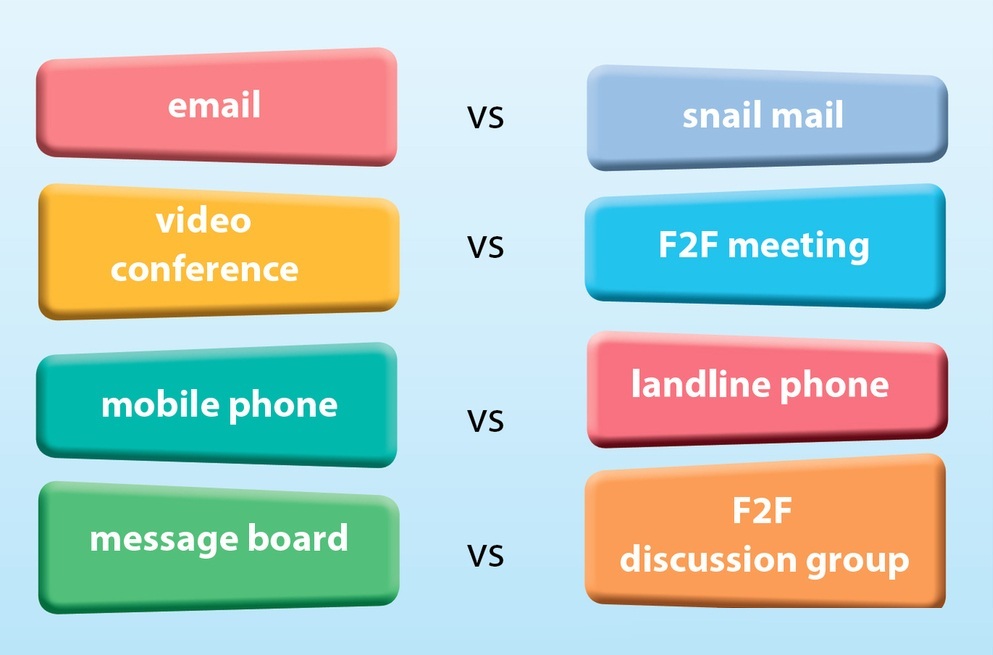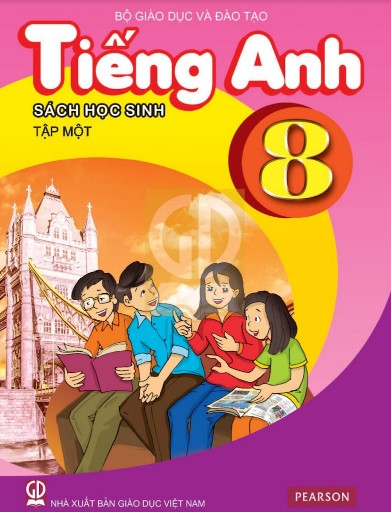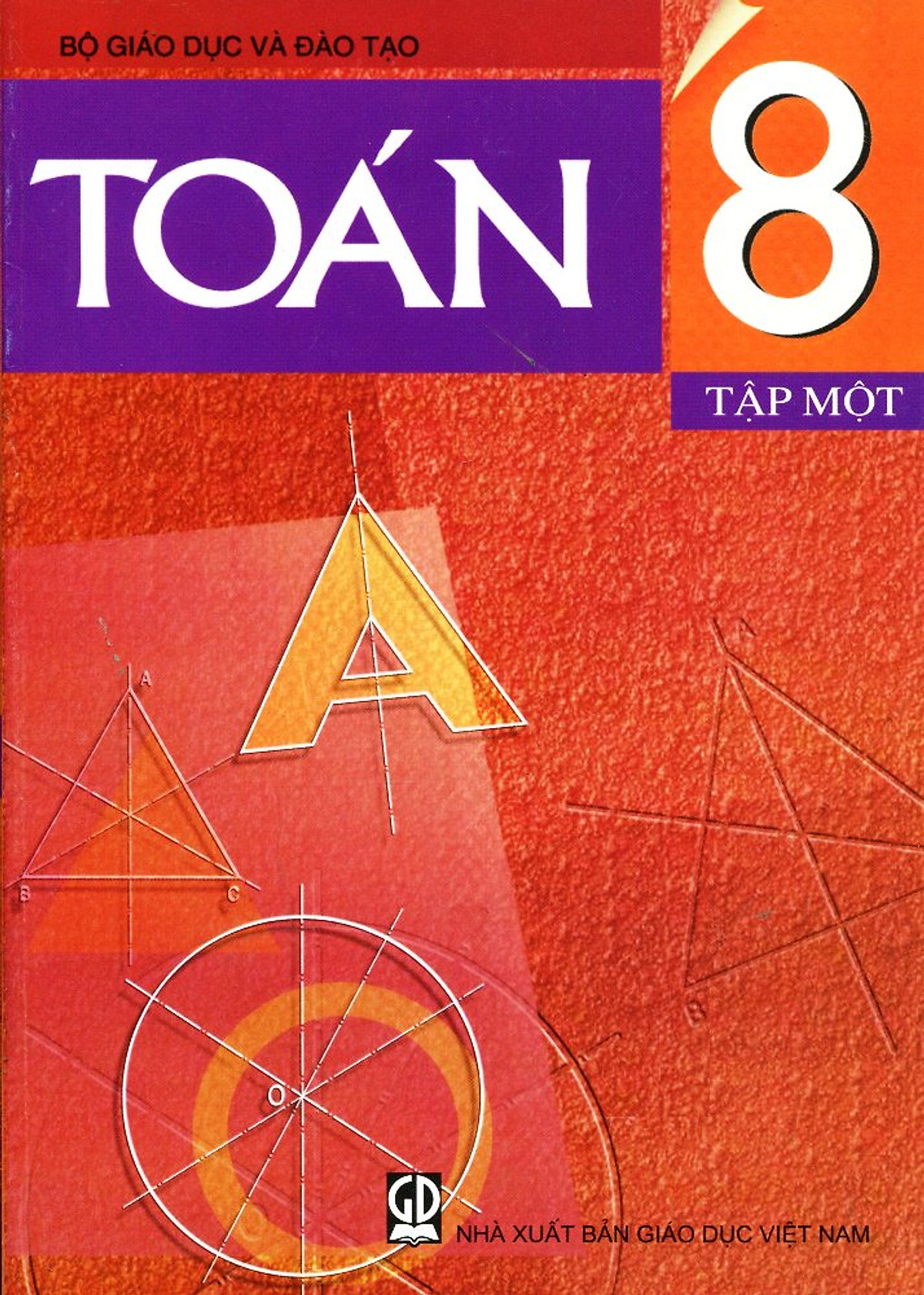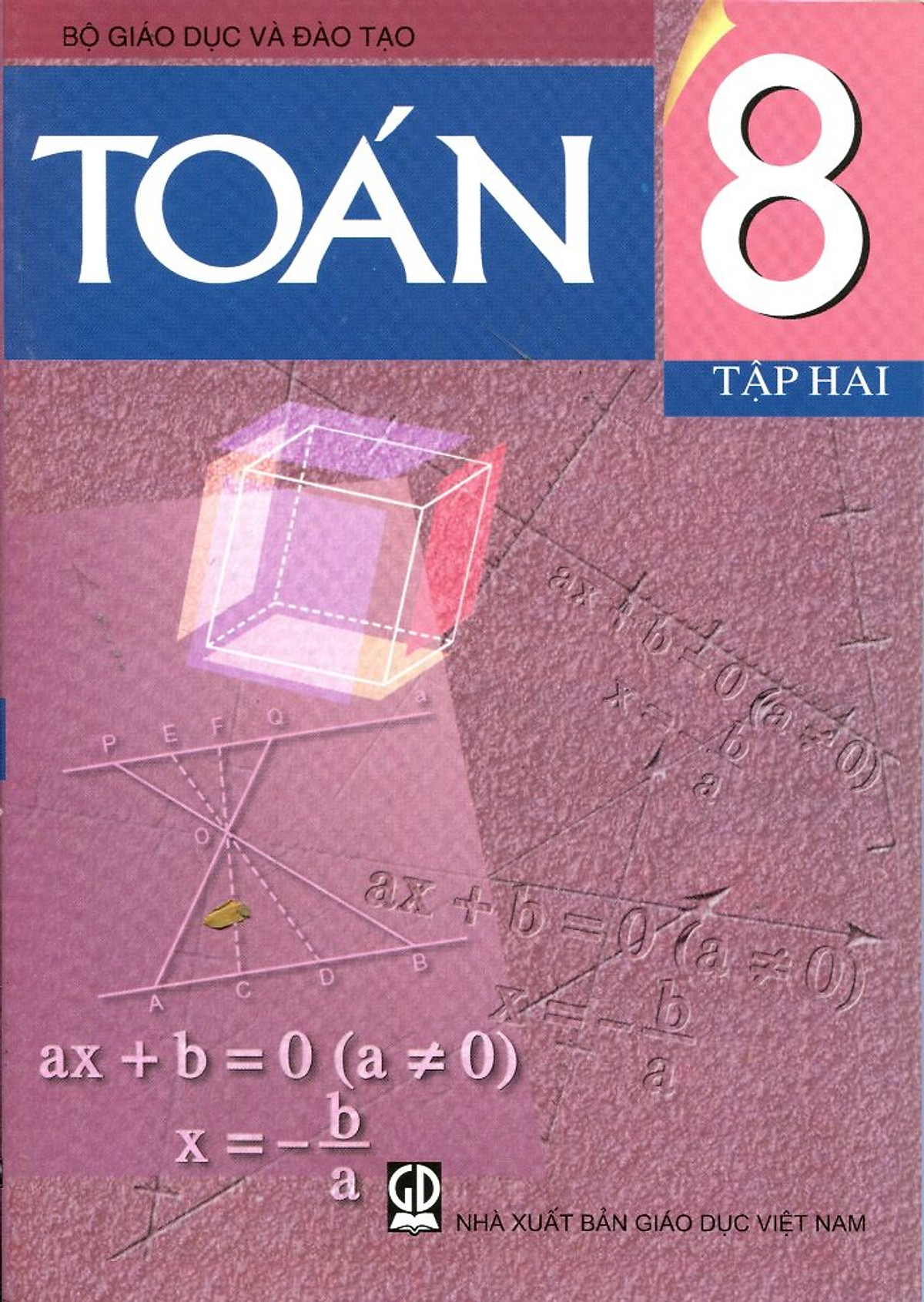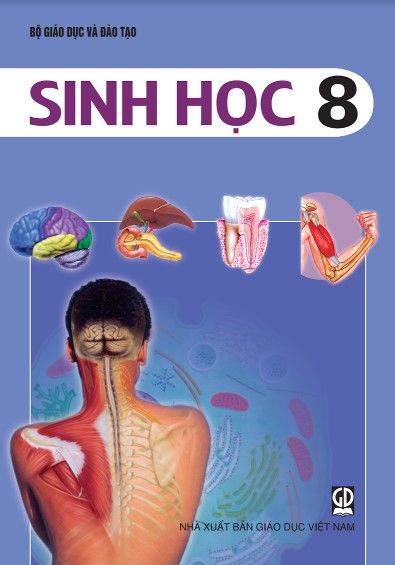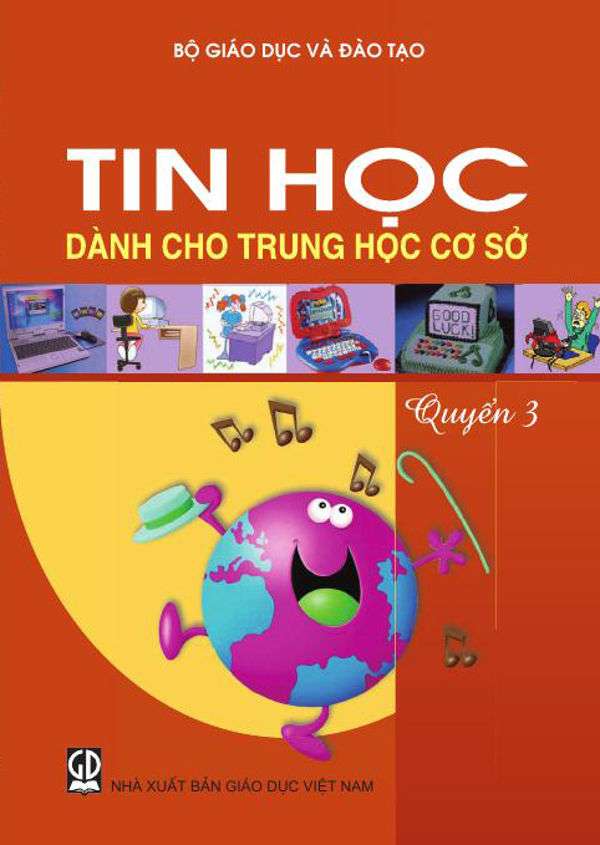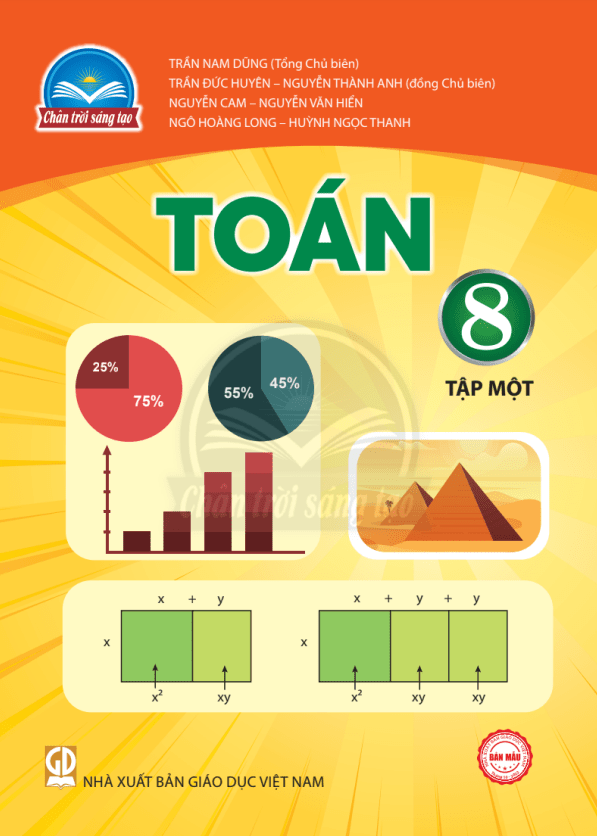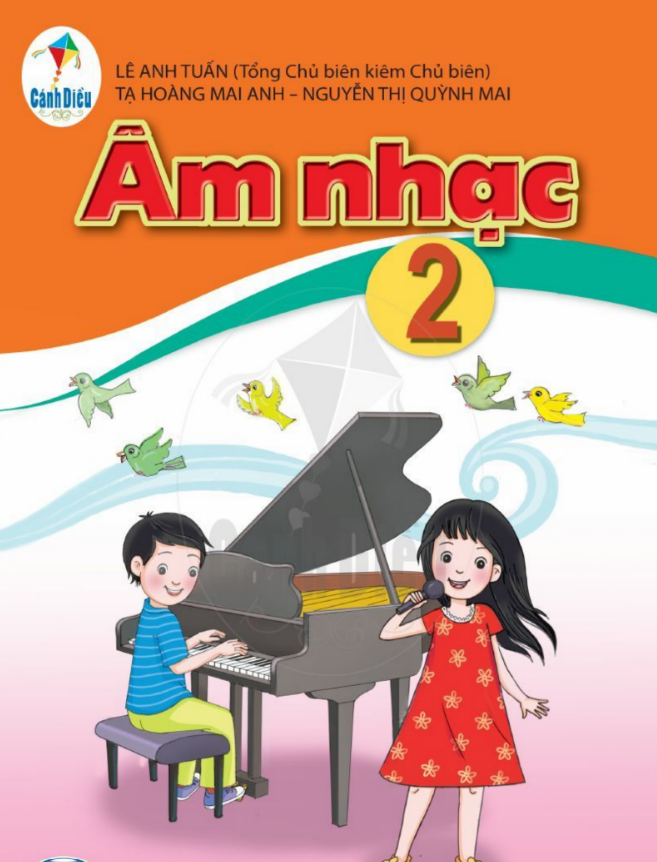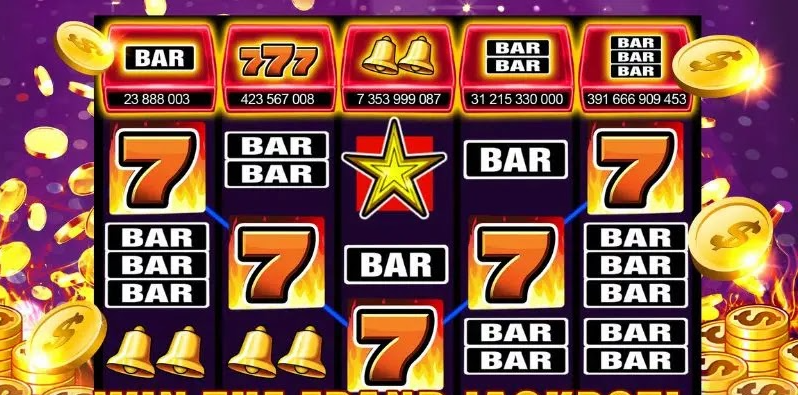Vocabulary
1. Choose words/ phrases from the box to describe the photos about other ways of communication.
communicating non-verbally with animals
leaving a note
using codes
sending flowers
using signs
painting a picture
using body language
using music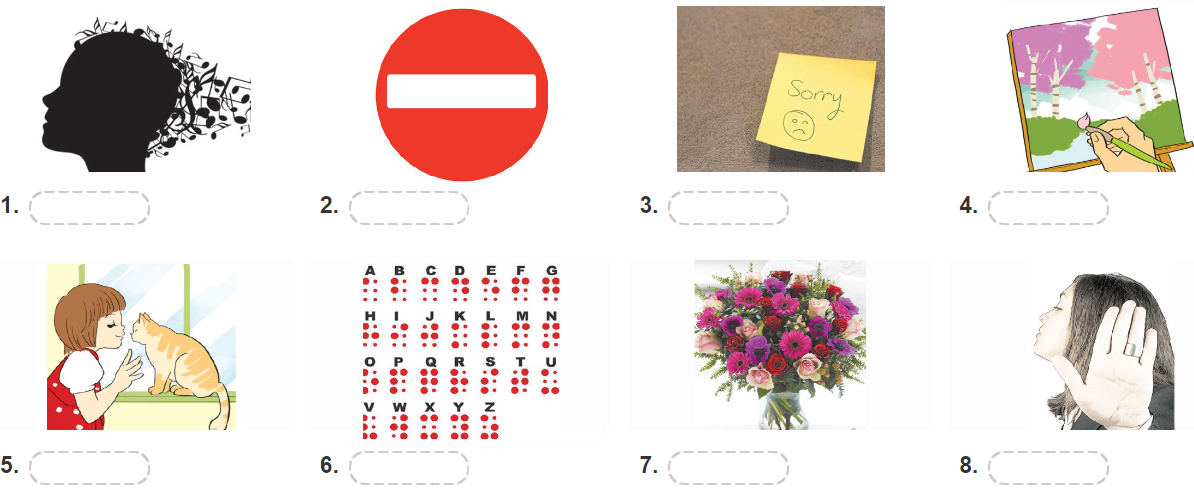
2. Communication technology. Match the words with the definitions.
| 1. chat room 2. multimedia 3. landline phone 4. smart phone 5. message board | a. An online discussion group in which you can leave messages or post questions. b. A phone that uses a telephone line for transmission. c. A device with a touchscreen with functions similar to a computer, a digital camera, and a GPS device, in addition to a phone. d. People join this Internet area to communicate online. The conversations are sent immediately and are visible to everyone there. e. Multiple forms of communication on a computer including sounds, videos, video-conferencing, graphics, and texts. |
3. Complete the diagram with the communication examples you have learnt so far. Some can be put in more than one category. Can you add more ideas?
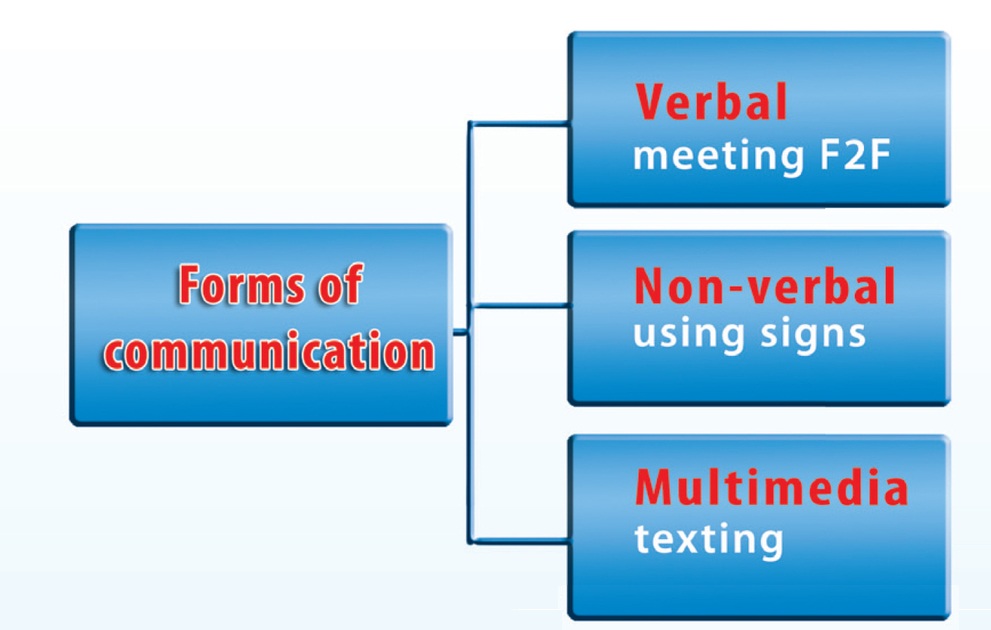
4. Debate. Choose one or more pairs of ways of communicating. Which one is better? Why?
Pronunciation
Stress in words ending in -ity and -itive
For words ending in -ity and -itive, place the stress on the syllable before suffix.
Example:
oppor’tunity
She got the opportunity to see Frozen.
‘positive
His answer is positive! Great!
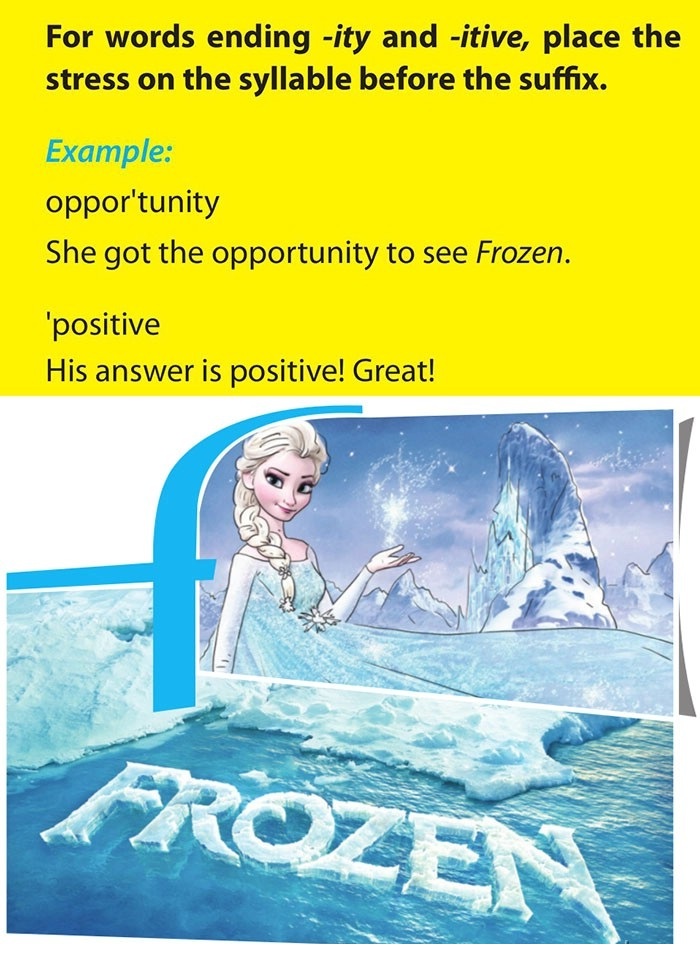
5. Mark the stress for the following words, then listen and repeat.
| 1. competitive 2. infinitive 3. repetitive 4. positive | 5. ability 6. possibility 7. curiosity 8. nationality |
6. Fill the gaps with the words in 5 and practise saying the sentences. Then listen and check.
1. What's his ? - He's Japanese __________.
2. Try not to use this word too often otherwise your text will become __________.
3. Sport can be either __________ or non-competitive.
4. There's a good __________ that they will win.
5. Her dancing __________ is impressive!
